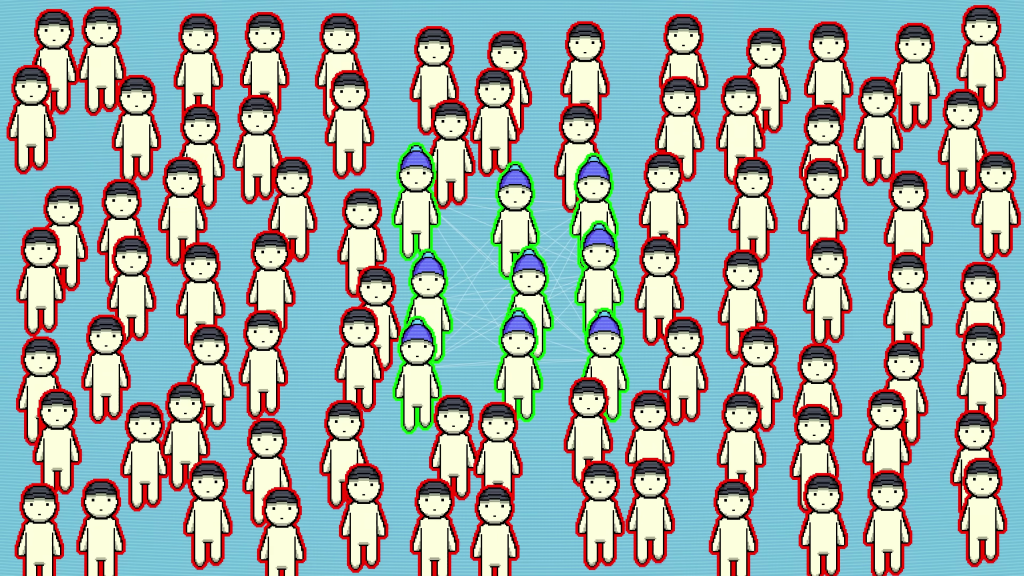I assume you all know what a prisoner’s dilemma is. But the recent video from Veritasium on this topic is still quite a feast – actually, that’s an understatement for me. For me, it is a revelation. Here is what I think:
I believe that the repeated prisoner’s dilemma experiment provides an explanation for the emergence of trust and cooperation at the micro-level. It was this trust and cooperation that led to the emergence of markets and trade, which in turn led to the development of the market economy.
While the concept of the invisible hand, coined by Adam Smith, describes how self-interested individuals in a market are incentivized to act in the public interest, it can be seen as a macro-level manifestation of the trust and cooperation that evolved from the prisoner’s dilemma scenario. Hence, the invisible hand is not just a metaphor for market forces but also a reflection of the underlying social dynamics of trust and cooperation that fuel these forces.
Of course, this emergence of trust and cooperation must have happened in different places on this planet out of a hostile, nasty environment where everyone was ready to defect. It probably went extinct many times before it finally formed a sustainable ‘nucleus’ that grew and eventually took over the entire population.
If this was indeed the case, it also explains the so-called ‘Great Divergence‘ described by financial historian Niall Ferguson. In his Reith Lectures in 2012, Ferguson argued that the Great Divergence was caused by institutional changes, which he summarized as six ‘killer apps,’ occurring after the Glorious Revolution. While I totally agree with Niall Ferguson, I would contend that these ‘killer apps’ were effective because they facilitated trust and cooperation on larger scales, ensuring that everyone participating became better off. This is what made Westerners better off than “the Resteners” after 1500.
I would even go a step further to say that the level of trust and cooperation in a society is probably a quite good indicator of that society’s development, better than, for example, productivity as used by Karl Marx, or the later invented GDP, because as long as we have a trusting and cooperative society, productivity grow just follows. If this revelation had occurred to Karl Marx, would he have developed his view of human social evolution differently? For example, instead of defining five stages of socio-economic formations by relations of production, might he have defined stages of development by levels of trust and cooperation?
